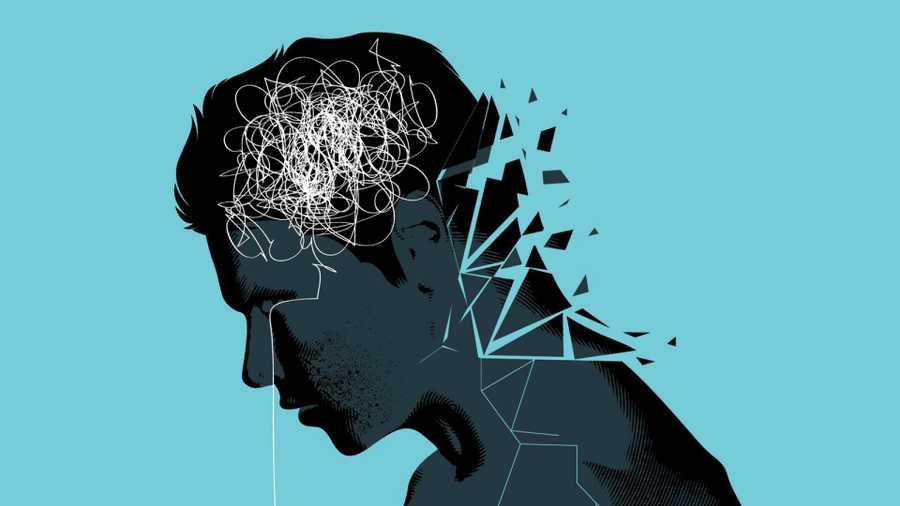How Anxiety Hides in Your Habits
Curated from: greatergood.berkeley.edu
Ideas, facts & insights covering these topics:
6 ideas
·9.94K reads
46
Explore the World's Best Ideas
Join today and uncover 100+ curated journeys from 50+ topics. Unlock access to our mobile app with extensive features.
Anxiety Is In What We Do
A new book by psychiatrist Judson Brewer, Unwinding Anxiety, proposes that anxiety exists in our daily habits, and is not something that simply goes away by breathing exercises.
Our brain is addicted to the habits due to the rewards attached to them, and we need to dismantle and decouple the rewards in order to break free from the habit and eventually the associated anxiety.
314
2.55K reads
Break The Habit Cycle: Map Out The Habits
We are struggling with anxiety as our habits don’t let us part with it, with the pleasure and pain coming in a package. The habit loop of any habit cycle is:
- Trigger: A feeling of anxiety.
- Behaviour: Doing something (like eating a chocolate or lighting a smoke).
- Result: Temporary distraction from anxiety.
Review your daily actions and map out the habits that create such loops.
310
1.87K reads
The Anxiety Merry-Go-Round
Anxiety triggers habit loops, but can also be the result of a habit loop (like reading the news online). Constant worrying is also a reinforcing pattern of habit loops.
The reward can be a eureka moment towards a potential solution (which is rare) or a feeling of productivity and passive action, providing us with a sense of control.
274
1.6K reads
Break The Habit Cycle: The Brain’s Reward System
The brain labels our actions and behaviour as ‘rewarding’, usually in our formative years. We need to review our behaviour and habits and update the brain’s reward system.
Example: We may be having a habit of eating a lot of cake, since our childhood. Now as an adult, the habit is resulting in a high intake of sugar, without our realizing it.
If we use this method to review and update our reward system, the brain will naturally lose the urge to take the habitual action, something much more powerful than using willpower, which only suppresses the urge.
275
1.35K reads
Break The Habit Cycle: Creating New Habits
Creating healthy habits requires mindfulness, so that new habit loops can be inserted when a trigger surfaces in your mind.
- Be curious and mindful at all times if possible, tuning into your breath whenever anxiety arises.
- Practice RAIN: Recognize and relax into the NOW, accepting it in your life. Investigate the sensations arising in your body, noting down what is happening to you.
315
1.27K reads
Break The Habit Cycle: Creating Space
- Label each experience and witness it from a distance, creating space between you and the sensation.
- Practice kindness and love towards yourself and others.
- Review and update the brain’s reward system in a positive way, inserting good behaviour and positive habit loops.
272
1.28K reads
IDEAS CURATED BY
Camille A.'s ideas are part of this journey:
Learn more about health with this collection
How to practice self-compassion
How to identify and challenge negative self-talk
How to build self-confidence
Related collections
Similar ideas
Read & Learn
20x Faster
without
deepstash
with
deepstash
with
deepstash
Personalized microlearning
—
100+ Learning Journeys
—
Access to 200,000+ ideas
—
Access to the mobile app
—
Unlimited idea saving
—
—
Unlimited history
—
—
Unlimited listening to ideas
—
—
Downloading & offline access
—
—
Supercharge your mind with one idea per day
Enter your email and spend 1 minute every day to learn something new.
I agree to receive email updates

